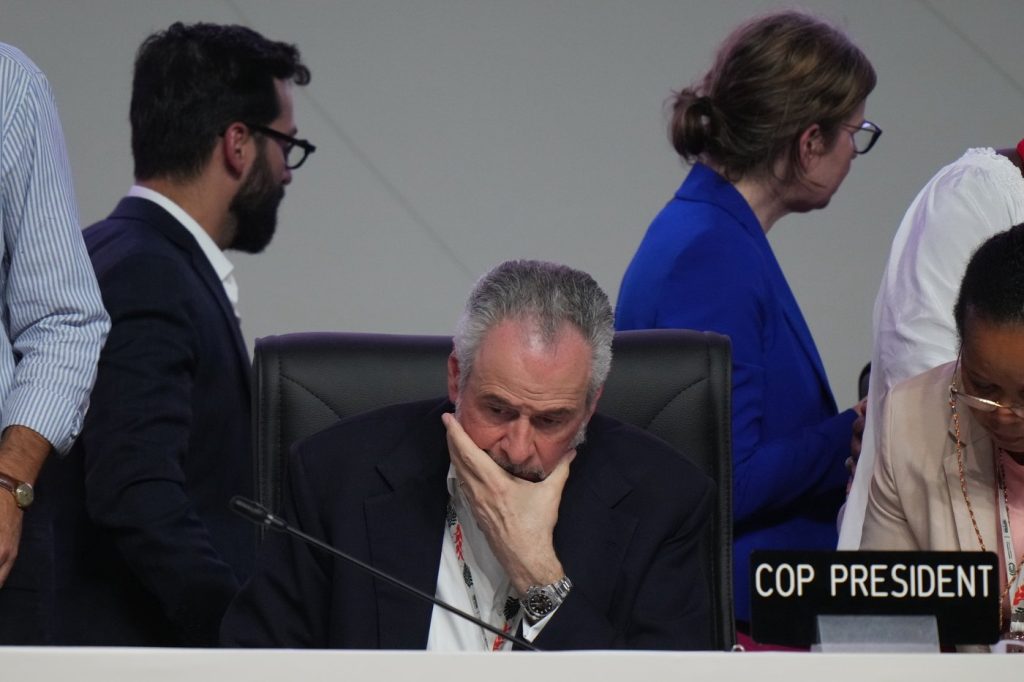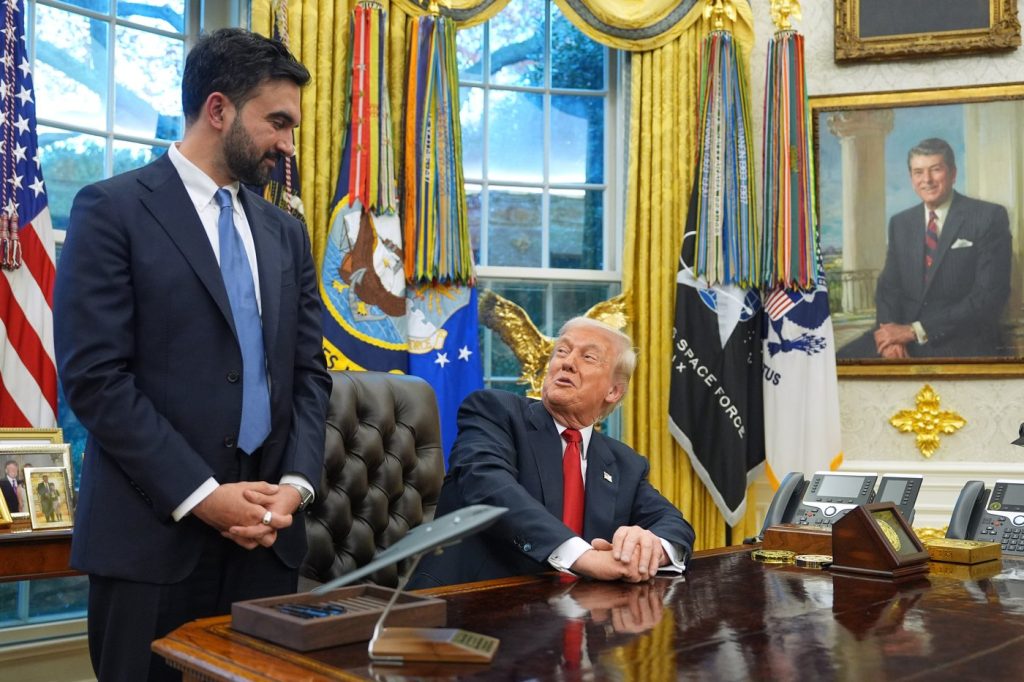This year’s U.N. climate conference, COP30, held in Belem, Brazil, presented a unique opportunity for significant environmental progress. The conference took place on the edge of the Amazon rainforest, a vital climate regulator and home to many Indigenous peoples affected by climate change. Brazilian President Luiz Inácio Lula da Silva, known for his charismatic leadership and ability to unite nations, opened the conference with inspiring speeches, which encouraged more than 80 countries to advocate for a roadmap to drastically reduce fossil fuel consumption, the primary cause of climate change.
However, despite the early enthusiasm, the conference culminated in a final decision that disappointed many attendees. Announced on a Saturday, the resolution included some positive measures, such as increased financing for developing countries to adapt to climate impacts. Nevertheless, it was primarily seen as a diluted response compared to prior conferences over the past decade. Notably, it failed to mention the term "fossil fuels" at all or include a timeline for their reduction, leading to widespread dissatisfaction among delegates and environmental activists.
This outcome is likely to further diminish confidence in multilateral climate negotiations, with many critics deeming the efforts insufficient to tackle the rising global temperatures that contribute to extreme weather events. Juan Carlos Monterrey Gomez, a negotiator from Panama, expressed this sentiment, stating, “A climate decision that cannot even say ‘fossil fuels’ is not neutrality, it is complicity.”
Even those who found some positive elements in the agreement acknowledged that much more could have been achieved. Lidy Nacpil, coordinator of the Asian Peoples’ Movement on Debt and Development, stated, “Climate action is across many areas, so on the whole, it is a mixed bag. They could have done much, much more.” With COP31 scheduled to take place in Turkey next year, many are already looking ahead in hopes of future progress.
In the lead-up to the conference, high expectations were set, especially with Lula hosting the meeting in a significant location like Belem. Lula’s vision aimed to highlight the importance of the Amazon and the Indigenous peoples living there. He emphasized that the current development model, reliant heavily on fossil fuels, could no longer be sustained, declaring the "fossil fuel era" to be ending.
Previously, at COP28 held in Dubai in late 2023, language advocating for a transition away from fossil fuels had been included. However, the last two years saw no concrete actions towards that goal, and global greenhouse gas emissions continued to rise. There were discussions at COP30 about a roadmap toward changing the world’s energy systems. Yet as the conference progressed, it became apparent that even Lula had begun to temper his expectations, indicating that nations must transition to renewable energy based on their own capabilities without external imposition.
In the days leading up to the conclusion of COP30, negotiators faced setbacks, including a venue evacuation due to a fire. As discussions progressed, key groups, including the European Union and representatives from various Latin American and Pacific Island nations, vociferously rejected an initial draft of the resolution for its failure to acknowledge fossil fuels as a primary contributor to climate change.
By the end of Friday, frustrations were palpable, with Tuvalu’s Minister of Environment, Maina Vakafua Talia, criticizing the decade since the Paris Agreement as having led to continued failures. Despite an extended negotiation session overnight, the final resolution presented on Saturday omitted any mention of fossil fuels, drawing ire from many parties. Environmental activists lamented the influence of oil-producing countries like Saudi Arabia, which consistently resist proposals mandating timelines for oil reduction.
During the final plenary, COP30 President André Corrêa do Lago acknowledged the concerns raised while maintaining that Brazil would continue to engage in discussions about fossil fuels and collaborate with Colombia on a roadmap for future implementation. However, this pledge served as little comfort to the many nations expressing their dissent regarding the final outcome of the conference.












